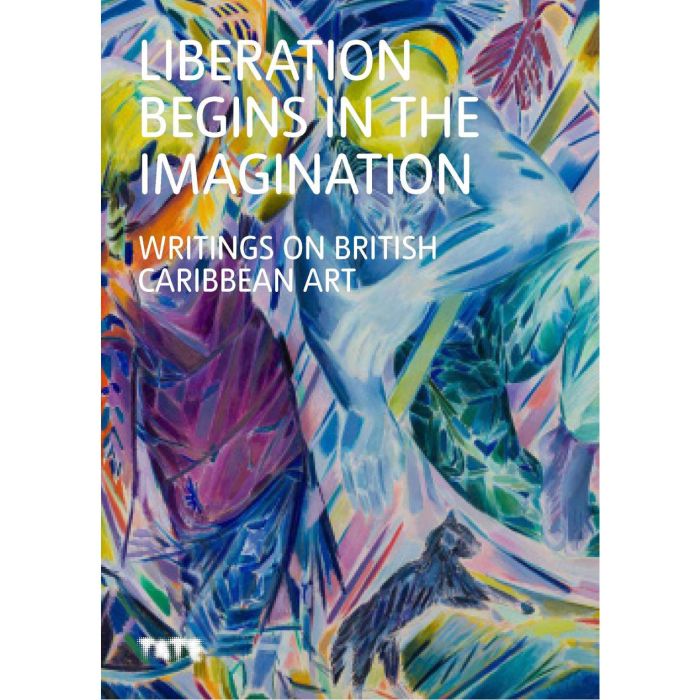My Cart
Your cart is empty
Looks like you haven't made your choice yet.
- Subtotal
Liberation Begins in the Imagination

A Reader
- Tate
- by David A Bailey et al.
More Information
| Publisher | Tate |
|---|---|
| ISBN | 9781849767668 |
| Author(s) | David A Bailey et al. |
| Publication date | October 2021 |
| Edition | Paperback |
| Dimensions | 240 x 170 mm |
| Illustrations | 100 col. & bw ill. |
| Pages | 384 |
| Language(s) | Eng. ed. |
Description
Today, around a million British people are of Caribbean descent, reflecting a history of post-war migration that essentially begins and ends with the Nationality Act of 1948 and the Immigration Act of 1972 – the so-called Windrush Generation. For many, London in particular was where the cultural archipelago of the Caribbean came together for the first time – communication and travel between the islands being difficult. This British-Caribbean connection gave rise to a diverse, complex and exciting wealth of Black cultural forms. At one end of the spectrum, British-Caribbean art is abstract, symbolist and at times cosmological; at the other it is socially realist, with many other positions in between or off that spectrum. Where art is engaged with changes in society, it evokes a community’s struggle to forge an identity and livelihood for itself in an environment that often proved hostile. Other works evoke deeper historical experiences, in particular the traumatic after-images of plantation slavery and its legacy in culture and society. This comprehensive volume brings together key writings on the interrelationship of Britain and the English-speaking Caribbean nations, focusing specifically on the art of the Caribbean diaspora in Britain from the 1920s to today. Combining classic writings with some newlycommissioned contributions, it explores intersecting areas of Black- British cultural production and reflects the diversity of the Black-British experience. With contributions from a range of scholars, Liberation Begins in the Imagination is an invaluable sourcebook for those interested in the rich and diverse field of postcolonial British-Caribbean art.

Liberation Begins in the Imagination
